Sperm and the Single Girl
Successful 30-something women are turning to the Web to shop for top-notch sperm donors — vetting personality traits, listening to voice samples, and even enduring wait lists.
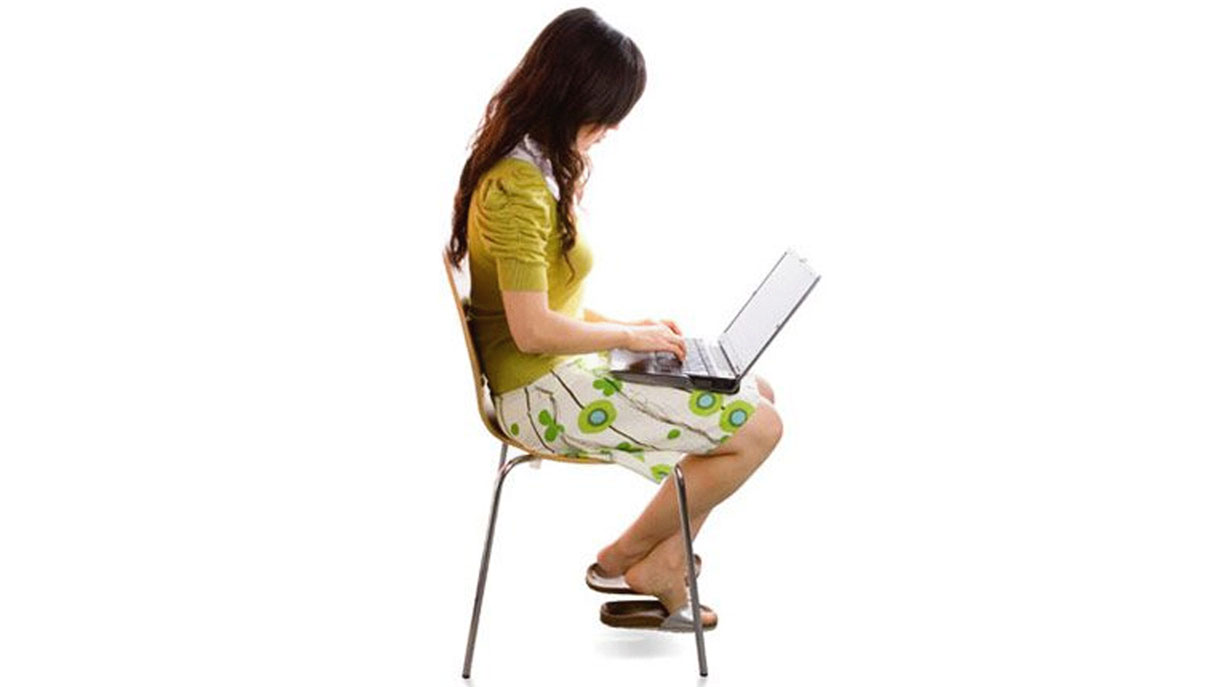
Michelle, a clinical researcher in Boston, Massachusetts, was contemplating grad school when she saw an episode of Lipstick Jungle that changed her life. "A woman was freezing her eggs, and it hit me: I'm 37, and I want to have children." Within three months, Michelle had purchased eight vials of sperm from a bank, an experience she likens to "match.com, because you're looking for qualities in someone you'd want to date. I used Google for everything."
Even more surprising is how Michelle ultimately chose her donor. He met her criteria regarding education and medical history, and he was an open-identity donor, which meant he was willing to be contacted by his sperm-bank offspring when they turned 18 — a fast-growing phenomenon that is putting a new, and human, face on donor insemination (DI). But the clincher for Michelle was an hour-long audio interview she downloaded from the bank's Website. "His voice sounded warm and kind," Michelle recalls. "I listened to stories about his family, friends, wife, and life experiences. He said he became a donor not for the financial incentive, but to give an amazing gift to an individual or a couple, which was great news after hearing so many guys say flat-out they were doing it for the money. [A donor can make up to $100 per sample.] It was really moving. During the last minute, I had tears rolling down my face, and I knew this was right for me."
A similar urge, deep and primal, is driving single women in their 30s, women with solid careers and financials, to forget about finding The One and move ahead with having a baby. Jane Mattes, founder of the New York City-based organization Single Mothers by Choice (SMC), which has over 2,000 members, says that 75 percent go to sperm banks, versus the 25 percent who adopt. The profile of the average woman choosing DI may sound just like your circle of friends and coworkers: "She's 30 to 45," Mattes says. "Ninety-nine percent have a college degree and are upper middle class."
When surfing the Net for sperm, the options are dizzying. First, there's the physical stuff: race, ethnicity, height, weight, eye color, hair color and texture, and complexion. (Does he tan easily and never burn? Does he have hair on his chest?) Second, the personality: In a quick online session, a shopper can read essays (some handwritten), see childhood photos, hear voice samples, and learn a donor's religion, favorite sports and foods, and fondest family memories. Many banks give donors personality tests and post the results. California Cryobank, the country's largest sperm bank, has a Donor Look-a-Likes feature which names celebrities a donor resembles (John Krasinski comes up often). Most sites share staff impressions or notes, since those weekly visits add up to plenty of face time. "Donor 4176 ... seems genuinely content and comfortable in his own skin," reads one comment from the Sperm Bank of California in Berkeley. "He was dressed sharply yet casually in nice jeans, a plaid shirt, and black leather shoes that matched his stylish jacket. And yes, I would agree with his description that he in some ways resembles a bearded Mark Wahlberg."
All these choices can be paralyzing for a strong-minded, selective woman with money to spend and few compromises to make. (Some coveted sperm even have wait lists.) But experts suggest tuning out the bells and whistles. "Instead of trying to have the perfect designer baby, look for a donor who, if you met him and introduced him to your family, they'd feel comfortable with," says Dr. Charles Sims, medical director of California Cryobank. Mattes, of Single Mothers by Choice, recommends using this filter: "Is he someone I would have happily dated?" And on a practical note, "Has this person had successful pregnancies?" (Yup, that's in the profiles, too.)
But with online forums teeming with opinions and information, it's hard for women to stop there. In 2000, Colorado-based DI mom Wendy Kramer founded donorsiblingregistry.com to help DI children connect with their half-siblings; lately, the site has been attracting a whole new demo: single women exploring DI. "What they're doing is really surprising — they're coming to choose their donors based on kids who are already born," Kramer says. "They make a short list, come to the site, and ask other women who have used that donor, 'Would you share a photo with me? Is your child healthy?'" Another unexpected phenomenon: Women seeking extra frozen vials of particular sperm because they want to have a second child using the same donor but can't find his sperm at the bank. (Those posts are denoted by an empty-beaker icon.)
Once a woman finds her dream sperm, there's still the lengthy insemination process (which can run about $2,500) to consider. And with all those logistics and bills to keep track of, it's easy to forget that DI is a deeply emotional undertaking. "It's a big leap of faith to take biological material from someone you don't know and put it in your body to make a baby," says Alice Ruby, executive director of the Sperm Bank of California, which was founded in 1982 and pioneered the concept of open-identity donations with its Identity-Release program, started in 1983.
Stay In The Know
Get exclusive access to fashion and beauty trends, hot-off-the-press celebrity news, and more.
"No little girl fantasizes about being a DI mom," says Leah Klungness, Ph.D., a psychologist in Locust Valley, New York, and coauthor of the book The Complete Single Mother. But she also believes finding a romantic partner can be easier for these women: "You already have a home, a child, and a family. You're not needy."
And then, it's back to match.com.
-
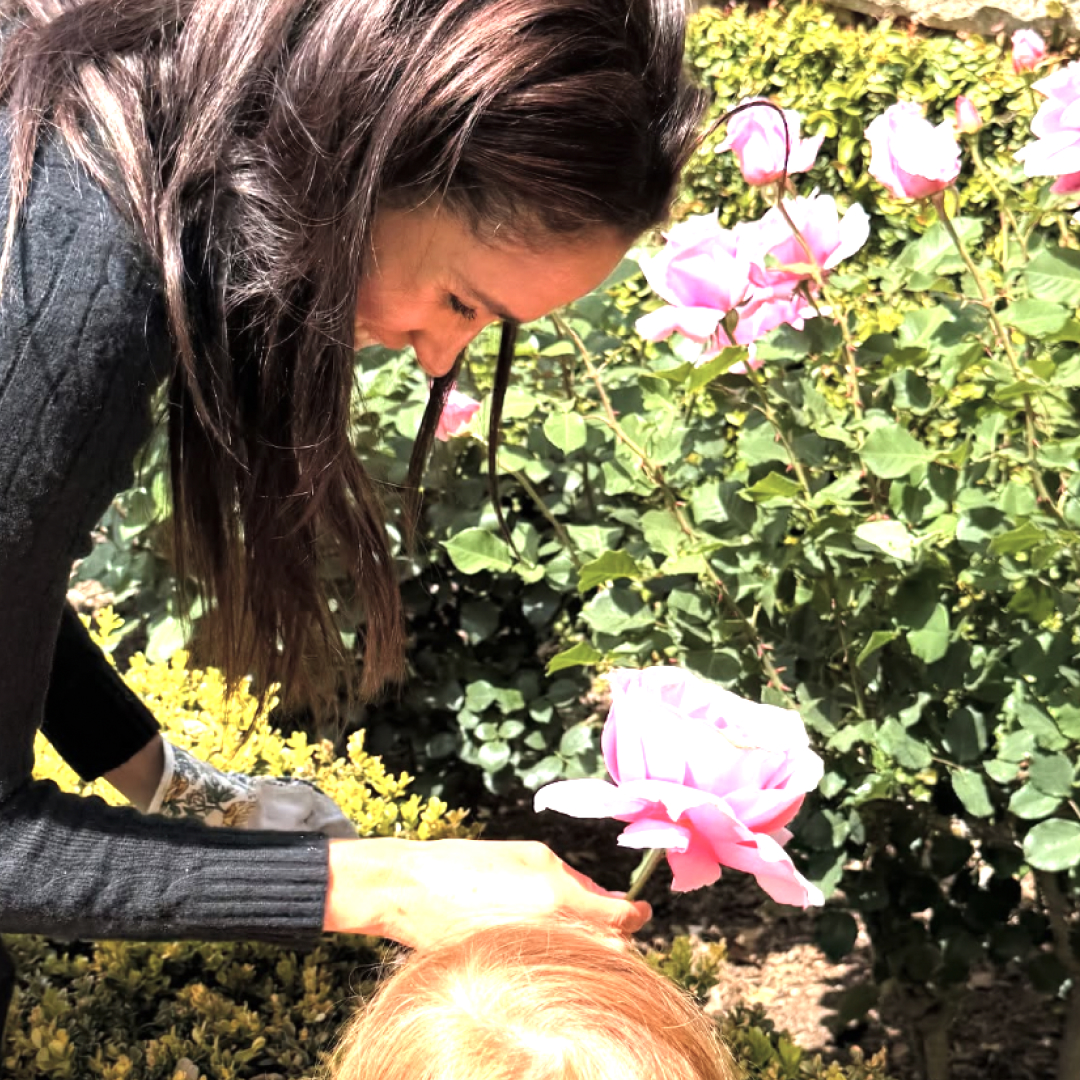 Meghan Shares Photos of Archie and Lilibet's Vibrant Red Hair
Meghan Shares Photos of Archie and Lilibet's Vibrant Red HairThe little royals most definitely take after dad Prince Harry.
By Amy Mackelden
-
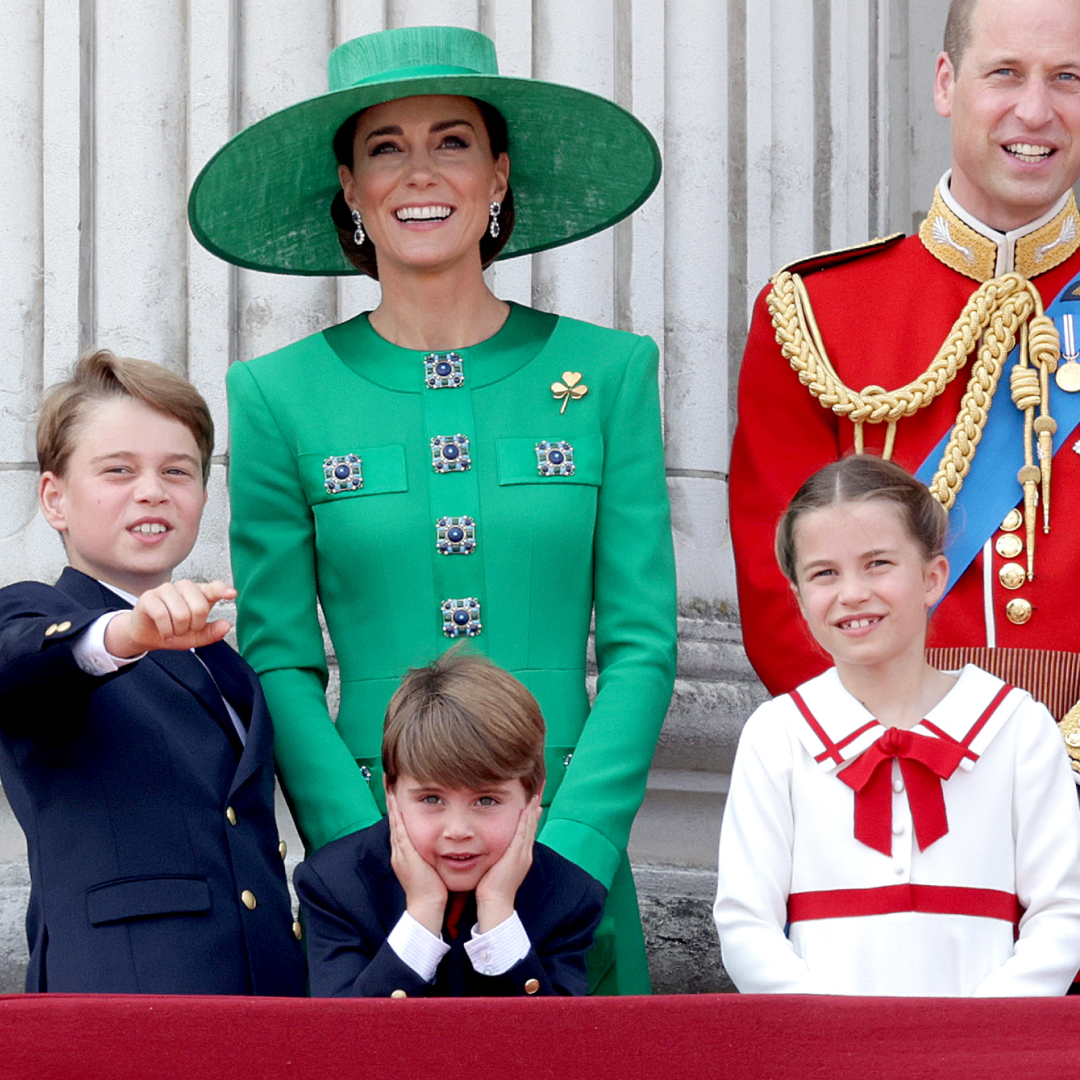 Former Royal Nanny Opens Up About George, Charlotte, and Louis
Former Royal Nanny Opens Up About George, Charlotte, and Louis"You see how grounded they really are."
By Amy Mackelden
-
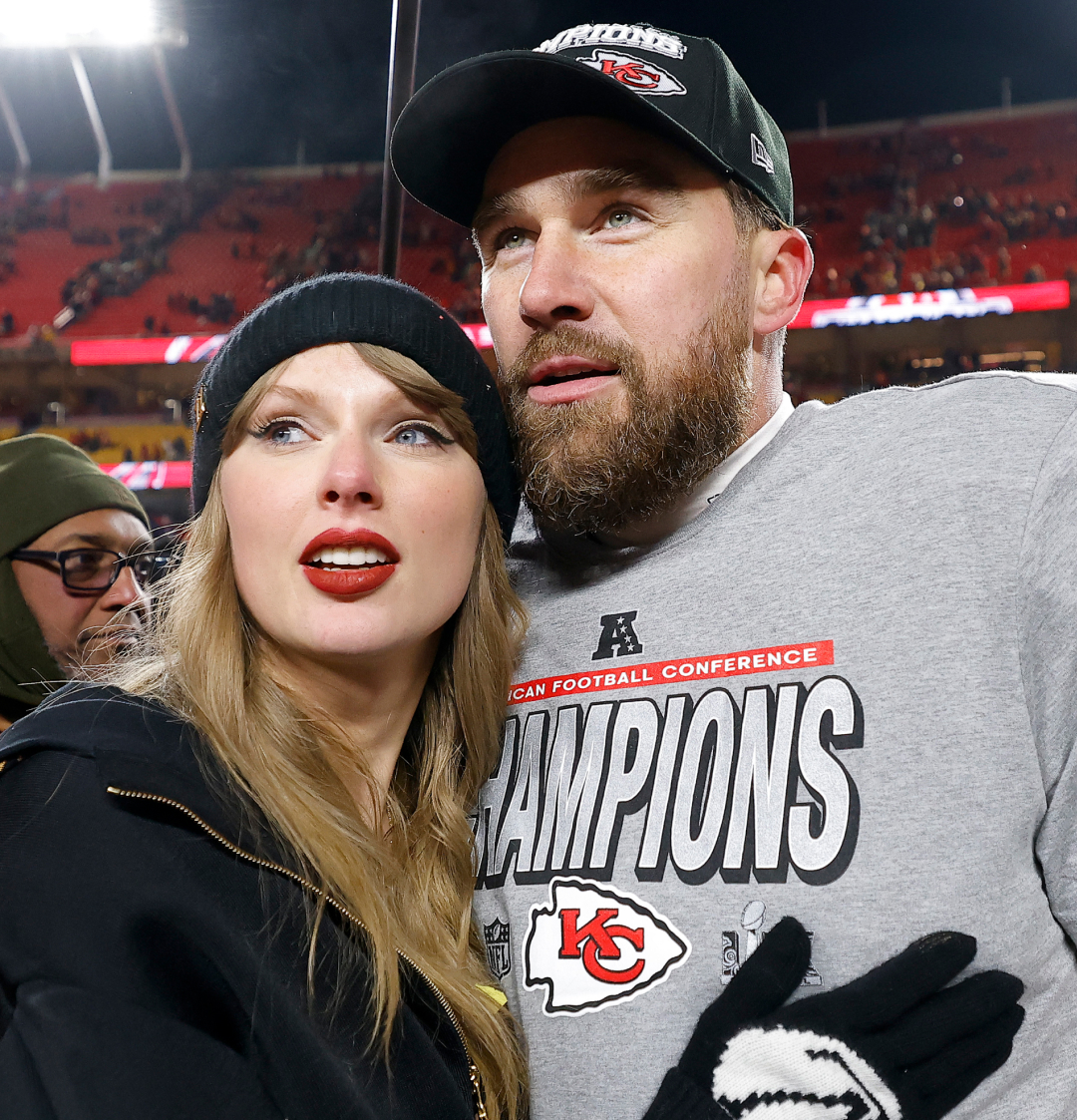 Travis Kelce Emerges in Las Vegas Without Taylor Swift
Travis Kelce Emerges in Las Vegas Without Taylor SwiftThe "Blank Space" singer was nowhere to be seen.
By Amy Mackelden
-
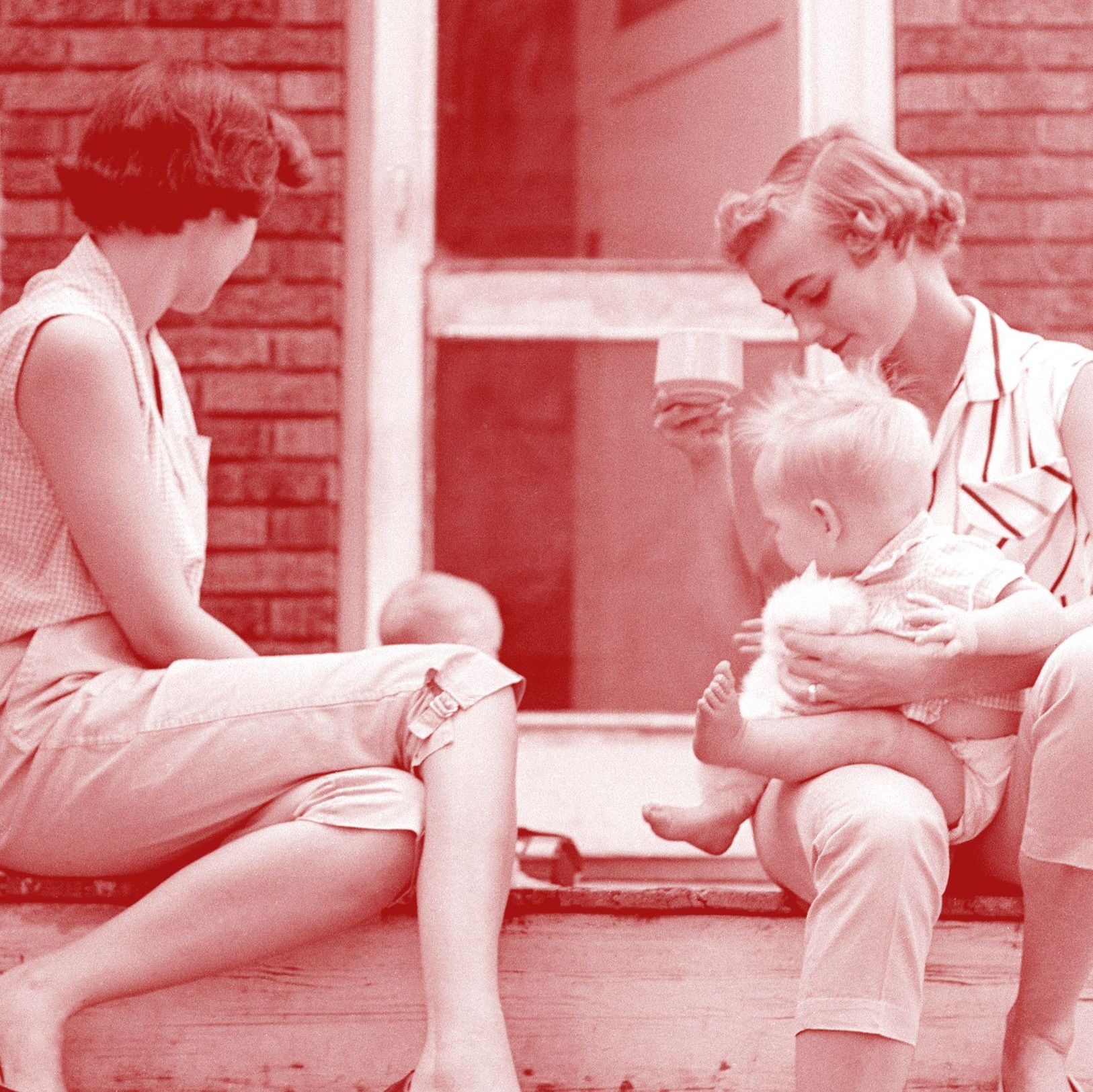 They're Single. They're Straight. They're Friends. And They're Having a Baby.
They're Single. They're Straight. They're Friends. And They're Having a Baby.You want a child. You don’t want to do it alone. What do you do? For an increasing number of women, the answer is raising a kid with their BFF.
By Sarah Treleaven
-
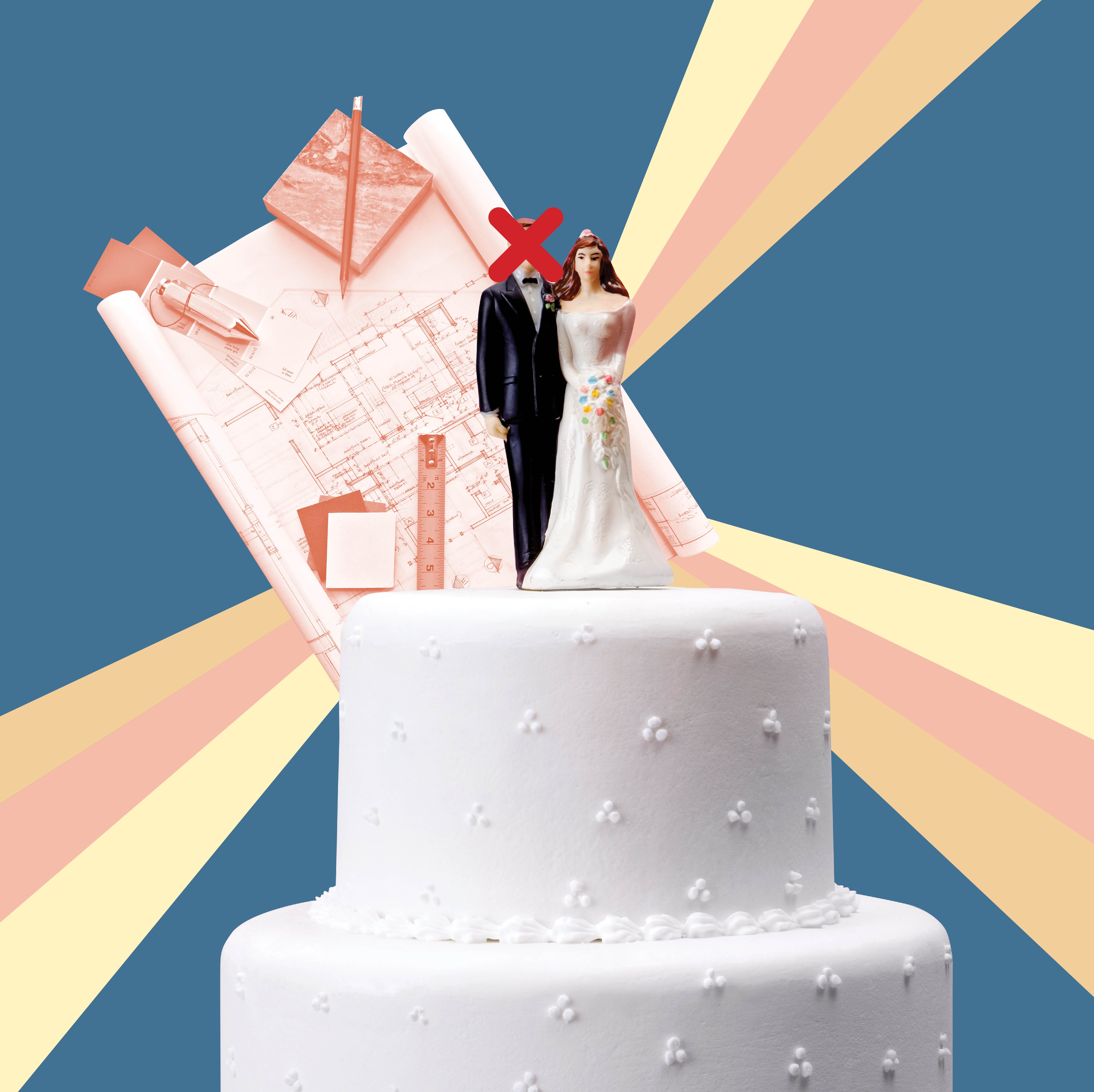 My Husband Left Me After 16 Years—So I Bought a Fixer Upper Across the Country
My Husband Left Me After 16 Years—So I Bought a Fixer Upper Across the Country"This house could hold me. It had survived being abandoned, too."
By Danelle Lejeune
-
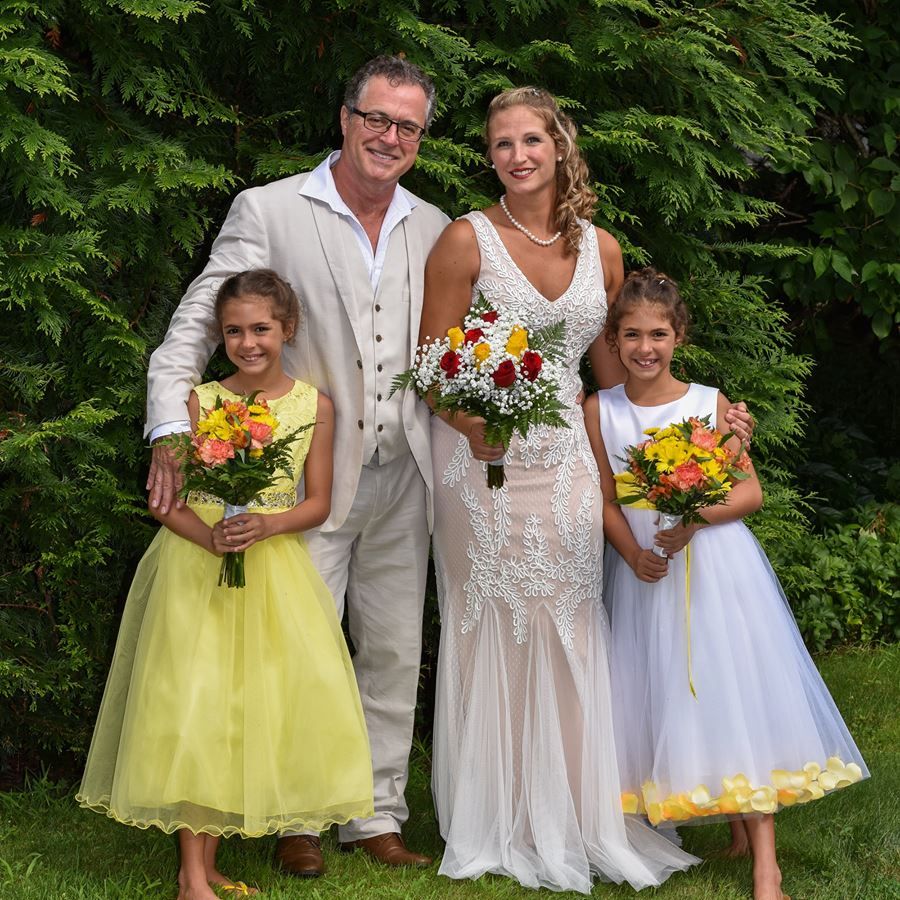 A Decade ’Til \201cI Do\201d
A Decade ’Til \201cI Do\201dDarlena Cunha had been married for 10 years when she decided it was finally time to have a wedding.
By Darlena Cunha
-
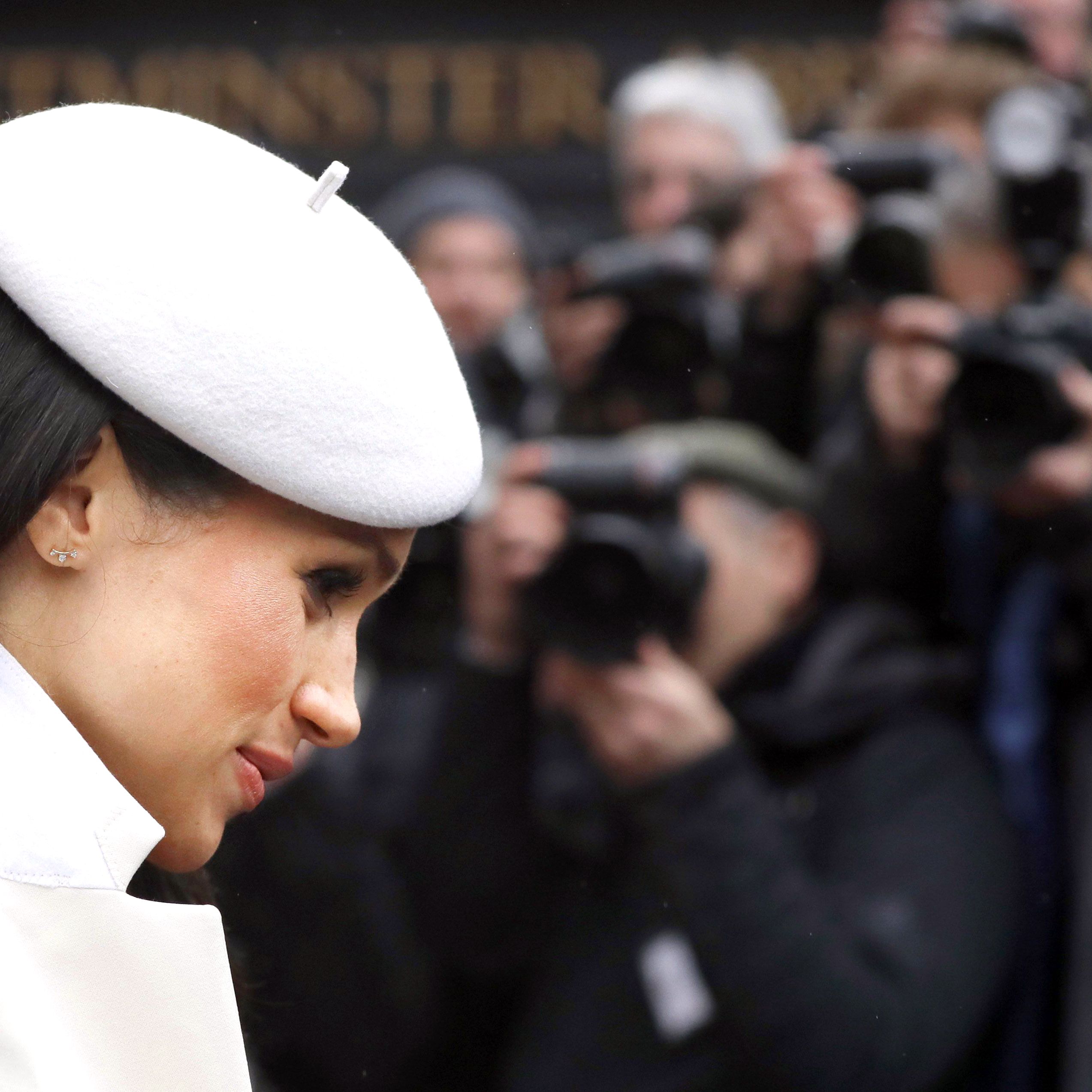 5 Insane Stories of Family Drama Ruining Weddings
5 Insane Stories of Family Drama Ruining WeddingsFeatures Because the Markles aren’t the only ones going through it.
By Megan Friedman
-
 New Study Says Women Don't Really Care About Marriage or Baby Daddies
New Study Says Women Don't Really Care About Marriage or Baby DaddiesWhat even are men?
By Rebecca Gale
-
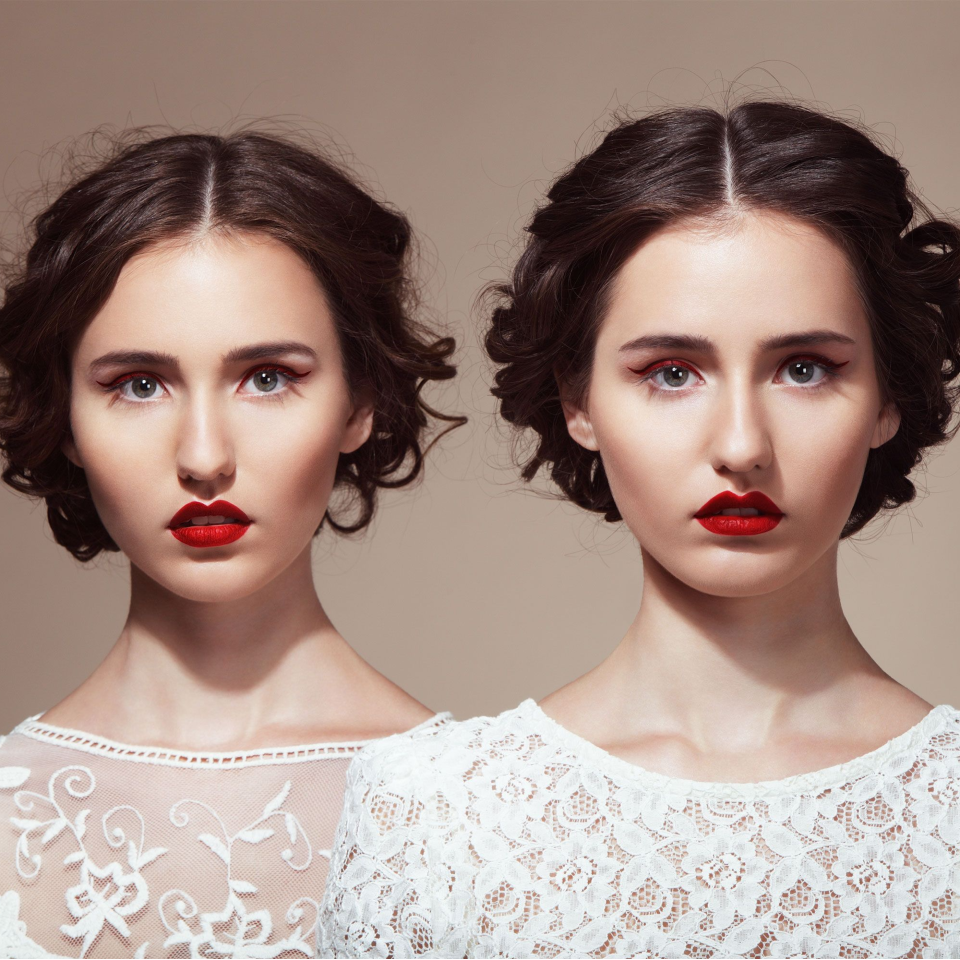 My Dad Is Dating a Woman My Age—and It Has, Weirdly, Inspired Me
My Dad Is Dating a Woman My Age—and It Has, Weirdly, Inspired MeAn emotional rollercoaster I wasn't expecting.
By Olivia Clement
-
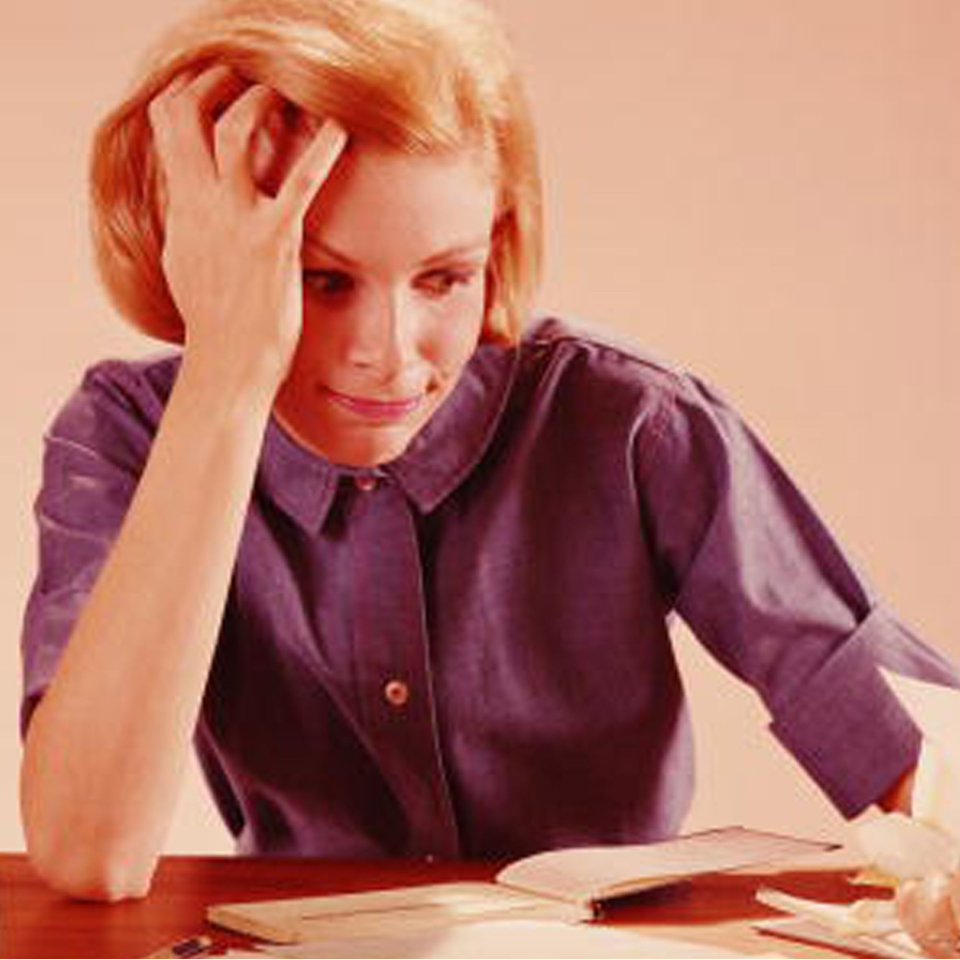 I'm Done Apologizing for Keeping My Last Name
I'm Done Apologizing for Keeping My Last NameOh look, a soap box.
By Bridey Heing
-
The Emotional Weight of Being a Wife
Why is the maintenance of our relationship my responsibility?
By Lyz Lenz